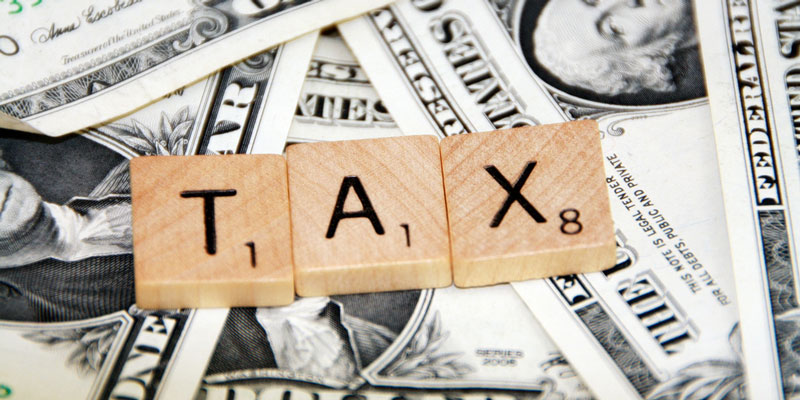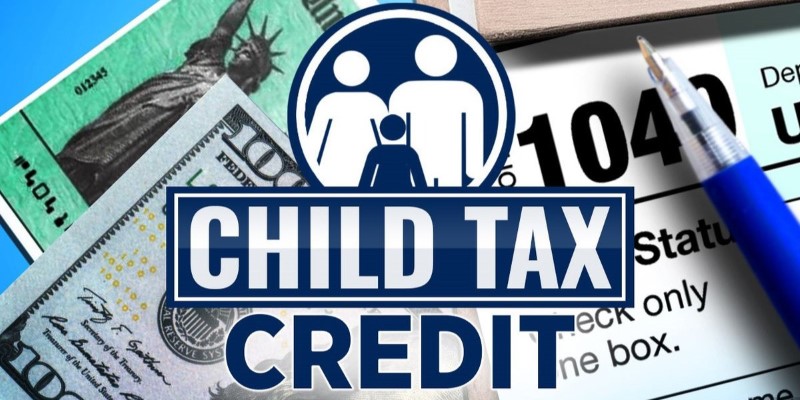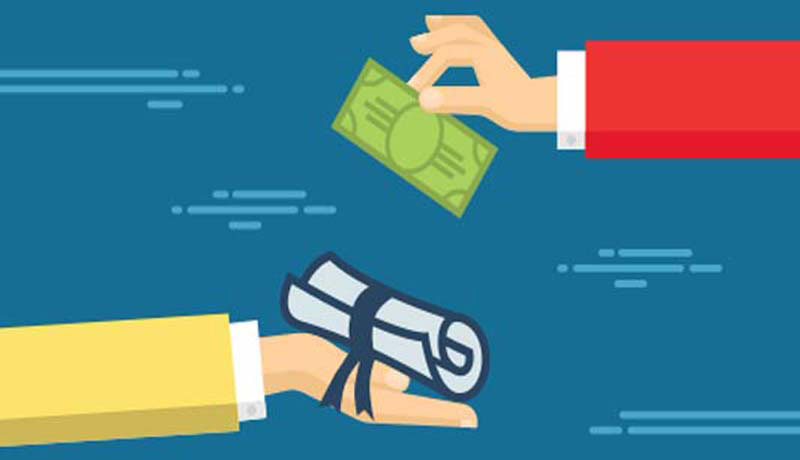It may sound like something out of science fiction, but a cashless society is on the horizon. Many modern financial procedures and transactions do not include the use of cash, and many organizations, including banks, service providers, and governments, favor making this change.
What's A Cashless Society?

No physical currency is utilized in a cashless society. Instead, everyone uses electronic payment options like a debit or credit card or a service like PayPal, Zelle, Venmo, or Apple Pay to make purchases. It's unclear whether countries will completely phase out currency, but many are heading in that direction.
A number of social problems must be solved in addition to the technical ones before cashless societies can function. The plethora of implications becoming cashless may have on money and banking as we know it is laid forth in the following pros and cons.
Some Pros of a Cashless Culture

Those financially stable and technologically able to participate in a cashless world would choose it. With only a swipe of a card or a call on your phone, you may have quick access to whatever money you have on deposit. The convenience is merely one of many advantages. Here are a few more advantages.
Reduced Violent Crime
In this day and age, carrying cash makes you a prime target for thieves. It will be impossible to trace the money or provide proof of ownership once it has been stolen from your wallet and transferred to the criminal's wallet.
Electronic Audit Trails
It seems that as financial crime declines in a cashless society, so too would physical theft. Cash is commonly used in unlawful transactions like gambling and drug trafficking because it is anonymous and easy to launder. If the origin of the funds is always known, money laundering becomes considerably more difficult.
Reduced Hassle with Global Transactions
There may be times when you need to convert your dollars to the local currency while abroad. If you're visiting a nation that supports electronic payments, you won't have to worry about exchanging enough money before you go. Your mobile device now takes care of everything for you.
Cons of a Cash-Free World
Some may find that eliminating cash is more hassle than worth it. Some of the primary drawbacks of a cashless financial system are listed below.
Online Transactions Sacrifice Privacy
Cash payments are more discreet than electronic ones. Maybe you have nothing to hide and trust the companies with your information. However, the greater the quantity of your publicly available personal data, the greater the possibility that some of it may get into the wrong hands.
Hacking Risks Abound in Cashless Transactions
Hackers have a similar reputation in the digital realm to armed robbers and muggers. Hackers have additional opportunities to target you in a cashless culture. If you are a target and someone empties your bank account, you can be left with no method to replace the funds.
Access To Funds May Be Affected By Technical Issues
There is always the risk that you won't be able to make a purchase when you need to because of a technical glitch, an outage, or just a simple human error. Similarly, businesses cannot take customer payments when payment processing systems are down.
Some Examples of Cashless Societies
Consumers and government agencies are pushing to eliminate currency in several countries. Two countries with quite different results are Sweden and India.
Sweden
It's not unusual to find a sign that reads "No Cash Accepted" at Swedish stores. In 2019, cash transactions made up less than one percent of Sweden's GDP, and annual cash withdrawals have been falling by roughly ten percent, according to the European Payments Council. Two out of three shoppers are pleased with the current state of affairs, while those who cannot keep up with technological advances prefer to use cash.
India
To crack down on criminals and others operating in the shadow economy, the Indian government outlawed the 500 and 1,000 rupee notes in November 2016. Part of the reason why the change was so divisive was that these notes accounted for 86% of all cash in circulation.
The goal of the change was to prevent criminals from stockpiling untraceable cash. However, this did not happen. According to the Economic Times, which quoted the Reserve Bank of India, cash transactions decreased towards the end of 2017 to levels similar to those seen before demonetization.
The Verdict
Cash is losing favor as a means of payment due to the widespread use of digital and online alternatives. Still, being cashless might have negative consequences, and only the future can tell if paper money has a place in our society.



